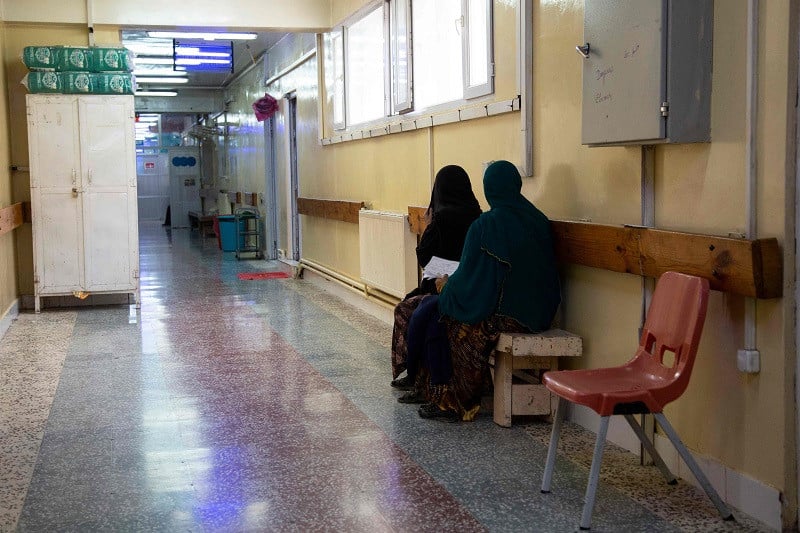
The Sindh Health Department has issued an advisory for hospitals and citizens in view of the heatwave.
The advisory directs hospital administrations to provide instant emergency medical aid to heatstroke patients. Citizens have been advised to take various precautionary measures to protect themselves from the heatwave.
According to the advisory, all health centers of the Sindh Health Department will operate 24-hour emergencies in view of the heatwave.
The advisory directs hospital administrations to cancel leaves of medical staff until the temperature returns to normal, and to increase medical staff as needed.
The advisory strictly instructs that ambulances equipped with necessary medical equipment such as IV drips, cannulas, and ORS should be deployed at various locations. These ambulances will transport heatstroke patients to nearby hospitals on an emergency basis. Hospitals must ensure the availability of all necessary medicines, including IV drips, ORS, and cannulas, for heatwave patients.
The advisory further states that special wards should be established in hospitals for the treatment of heatstroke patients, and that these special wards should be equipped with air conditioning, ice, generators, and water, along with effective and timely administrative strategies. The Health Department’s advisory also directs that awareness sessions be conducted according to SOPs to inform people about the severity of heat and the necessary precautions to take in the face of heatwave.
The advisory also provides guidelines for providing initial medical aid to heatstroke patients while transporting them to the hospital.
The patient should be immediately taken to a cool, shaded, or air-conditioned place to lower their body temperature. For children, remove excess clothing to cool the patient quickly. Sponge the patient with cold water, and if possible, seat them in a tub of cold water to cool down. According to the advisory, place ice packs or cold, wet cloths on the patient’s armpits, neck, and back, as these areas are rich in blood vessels that can help cool the body more effectively. If the patient is conscious and able to drink, provide cold water for rehydration.
Avoid giving the affected person sweet or caffeinated drinks. Use a fan or handheld fan to provide air to the person, check their body temperature, and try to reduce it to 38.3-38.9 degrees Celsius. Keep the affected person calm and stay with them until they reach the hospital. Continuously monitor the affected person’s condition.
According to the Health Department, 1,718 cases of heatstroke were reported in Karachi from June 21 to 25, and one person has died from heatstroke in the past month.




1730752226-0/Untitled-design-(35)1730752226-0-165x106.webp)

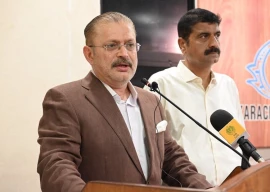

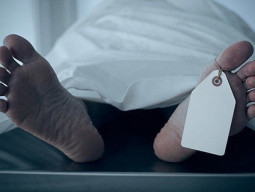

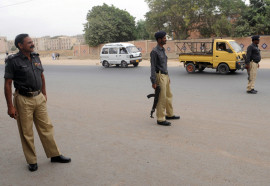
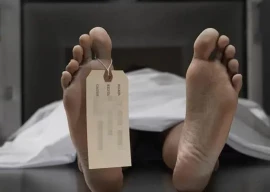




1730706072-0/Copy-of-Untitled-(2)1730706072-0-270x192.webp)
COMMENTS
Comments are moderated and generally will be posted if they are on-topic and not abusive.
For more information, please see our Comments FAQ